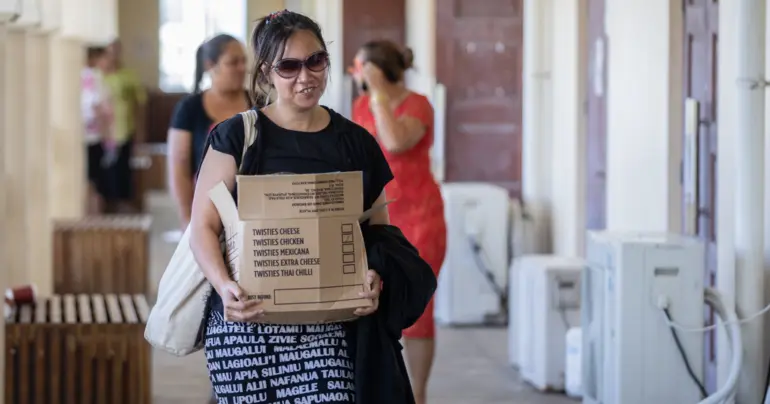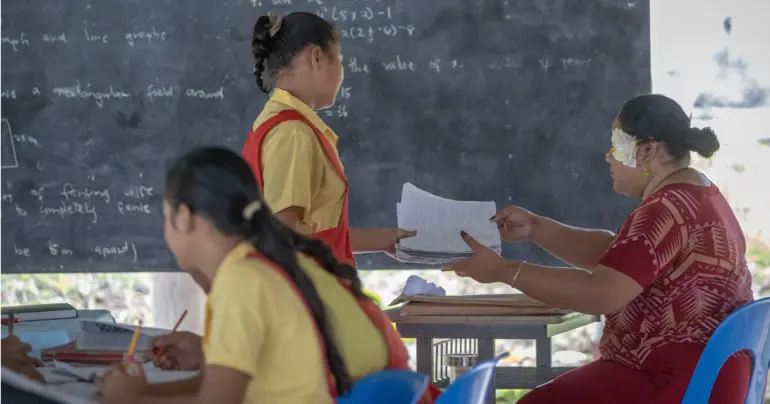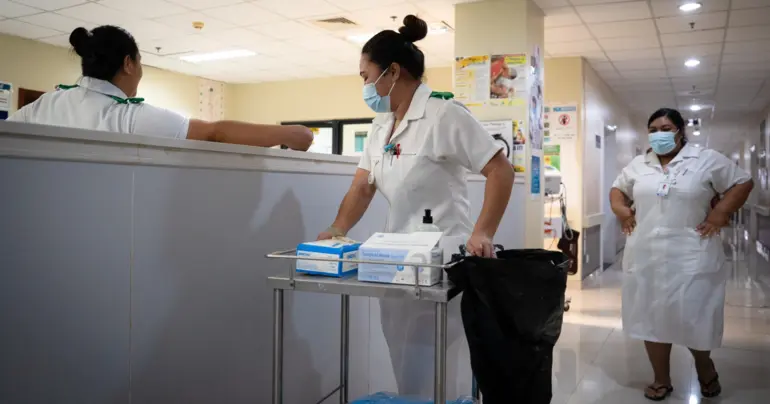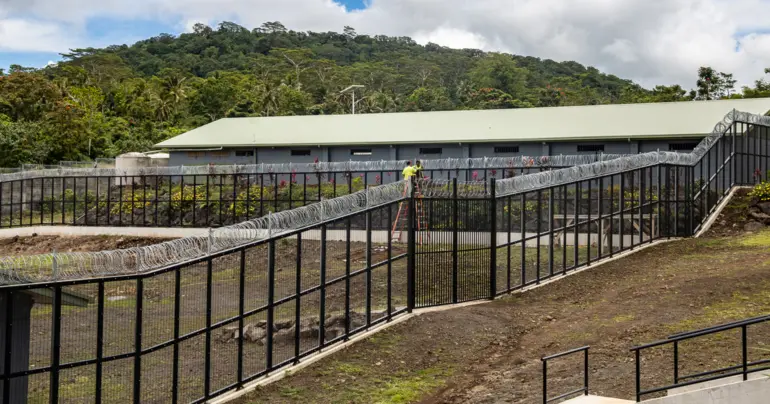Family planning debate long overdue
 By The Editorial Board
•
24 January 2021, 12:00AM
By The Editorial Board
•
24 January 2021, 12:00AM
More needs to be said and done about family planning; its status as a difficult subject to broach makes it all the more urgent as a topic of conversation.
So we applaud the Associate Minister of the Ministry of Women Community and Social Development, Salausa Dr. John Ah Ching, who on Friday went out on a limb to do just that in a story covered on page one of Saturday's edition ("Couples told to plan number of children").
“Budget your needs based on your income and your family's needs,” he told Parliament.
“Even [for] children you have to budget, especially young couples they should have family planning according to what they can afford.
We couldn’t agree more with these sentiments.
Plainspoken debate about family planning in this country has for too long been frustrated by notions of what the “Samoan” response should be; or what “poverty” means in Samoa.
Frankly, we don’t see much sense in drawing national boundaries around issues such as these. As human beings and as Christians these are universal issues of suffering and compassion.
Whether or not an idea improves a person’s quality of life strikes us as a reasonable test for whether or not to believe in a policy.
Let us be clear, we do not believe in dispensing with our cultural ideals, but we believe compassion for our fellow humans is the highest moral principle. And that is what lies at the centre of the family planning debate.
Salausa and other family planning advocates believe that conceiving children before one is ready to look after them financially is irresponsible because it can force those children into lives of deprivation. The Prime Minister has previously pointed to the numbers of young people in Tanumalala serving prison sentences for theft. He did so most recently in Parliament this past week. (We also this week learned that school dropout rates had doubled in recent years, a phenomenon at least partly driven by children being forced to leave school to support their families).
Here we run into an often-invoked claim about Samoa, one we believe to be misleading and which provides cold comfort to people who live in hardship: there is no poverty in Samoa.
There is.
Those who say otherwise are often seeking to gloss over inconvenient or embarrassing truths that we believe should be confronted.
Let us take, for example, Prime Minister Tuilaepa Dr. Sailele Malielegaoi, speaking last week.
The Prime Minister was denying claims Samoan children were infected with contagious skin conditions such as impetigo and scabies at a much higher rate than average because of poverty.
The Prime Minister rebutted the argument by retreating to one of his favourite frequent refrains: that Samoa is an island paradise and place of plenty.
“What is poverty? Do they (children) not have food?,” the Prime Minister said.
“There is no one in Samoa who should be hungry, there is so much food – breadfruit, bananas, taro – unless it is someone who is [too] lazy [to get it].
“Up to now, I do not know of one person who died from hunger. It is hard for me to accept a weak statement like this.”
Let us respond by telling the Prime Minister something about which we think he is already aware.
Poverty is not something that can be measured only by access to food. It can have many dimensions, such as a lack of access to education and opportunity; to jobs that provide for a family; to shelter and access to basic utilities and so much more.
We should dispense with the argument that because of an abundance of breadfruit, taro and coconuts, it is impossible for Samoan families to be raising more children than they can cope with.
Turn over a few pages to see this week’s Village Voice column for a view of what poverty in Samoa looks like. Every single week this newspaper gives you a look at the truth that many people would rather you did not see: people sleeping without adequate shelter; without electricity; and without water.
Let us look at the condition of the houses in areas right next to town - Fugalei, Taufusi, Saleufi and some parts of Moamoa - in the wake of last year’s flooding. There was no shortage of people whose wretched living conditions were exposed by a disaster but had been living not far out of sight from the Government Building for years.
But lastly let us apply some logic to the statements by the Prime Minister, who has been an out and out critic of family planning.
“I wonder who the idiot who came up with this idea?," he said in 1997, adding that families in Samoa should have at least ten children.
Yes, it is true that the average size of the Samoan family has dropped. From 1970 when the average births per mother in Samoa were just above seven that figure has now fallen to just below four.
But is that what is having an effect on Samoa’s low population growth? Of course not.
Samoa’s rate of population growth fell from 3 per cent a year to 0.5 per cent in the last half-century. And the birth rate is not the reason.
(Our current birth rate is comparatively high and should be enough to push our population rate much higher than it is, absent other factors.).
The reason is, simply, emigration. The Government’s own statisticians know that. The pull of a better life, better wages and a way out of poverty have lured hundreds of thousands of Samoans away from home.
It doesn’t matter how many more children we have if they leave as soon as they are able.
We would be better served by creating better lives for those who currently live in Samoa. By arresting their educational drop out rates. By fixing their quality of housing. By giving them a reason to stay.
Family planning has to be part of that solution.
 By The Editorial Board
•
24 January 2021, 12:00AM
By The Editorial Board
•
24 January 2021, 12:00AM










